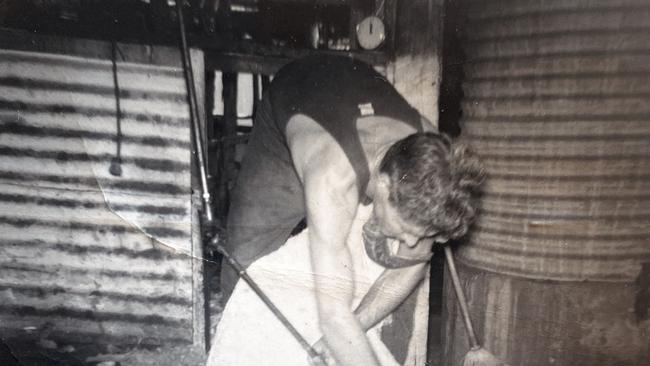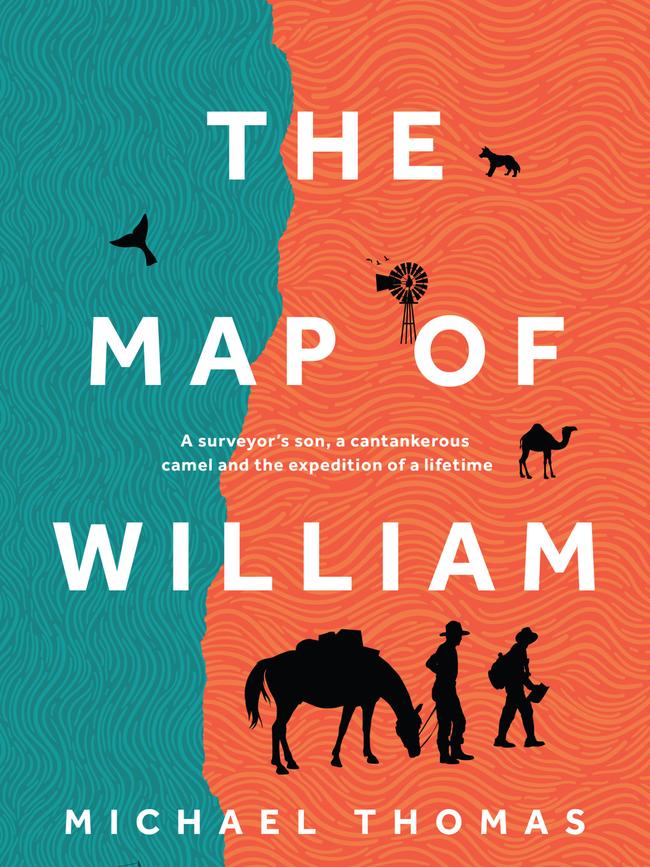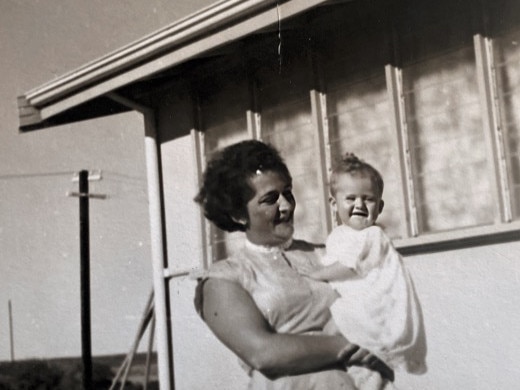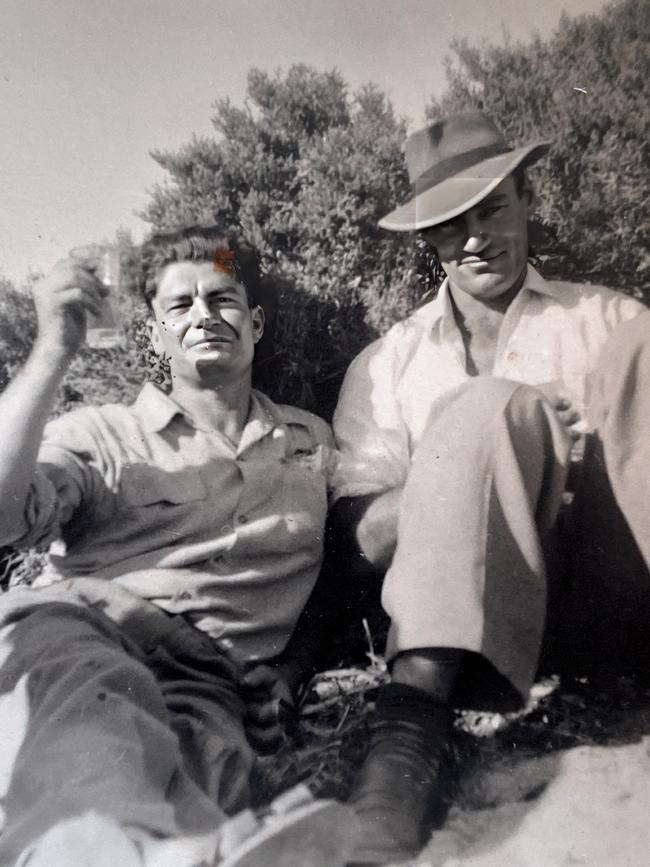Discovering your ancestors aren’t who you thought they were
Upon researching my memoir I learnt my predecessors were murderers and thieves, which led me to write fiction instead.

When I retired from teaching in 2021, it occurred to me to write a memoir – a recollection of humorous tales from 40 years in the classroom. The one about the time I left 30 students at the swimming pool and wondered where they’d got to, or the time I chased a dugite (a species of venomous, potentially lethal, snake native to Western Australia) from the science lab with a gaggle of screaming children standing on their desks. Not the stuff for a riveting book to be sure.
Convinced that my memoir would be a dull as dishwater, I went digging in my past. Surely my ancestors lived lives less dull than I had? Other than my immediate connection with uncles, aunts and cousins, I had little knowledge or understanding of those who came before: Thomas men and women who lived and died and lived again in those they left behind. I was intrigued by the notion of Thomasness and wondered if certain common traits had been passed down through the generations.

After a month or so of little progress I came across an article in The Cardiff and Merthyr Guardian, March 4, 1848, headlined “The Murder in Whitmore Lane”. Three columns of the broadsheet newspaper were devoted to the trial of Alexander Thomas, my great-great-grandfather. In the court transcripts he was referred to as Alec The Devil and, for no reason other than malice aforethought, he had murdered a man on Whitmore Lane in Cardiff. Alexander was scornful of the court proceedings and far from contrite or repentant. His sentence was reduced to manslaughter on a legal technicality and at the age of 22 my great-great-grandfather was transported to Western Australia. He served less than four years of a 15-year sentence and on May 29, 1851, he was granted a ticket-of-leave. Bugger, I thought. A bloody convict.
Undeterred, I went searching on my mother’s side with high hopes that my search would uncover a link to Banjo Paterson or Henry Lawson or Dame Nellie Melba. My hopes were dashed with news that James Freeman, also my great-great-grandfather, had arrived in Western Australia in 1862 on board the good ship Norwood. He was convicted of highway robbery at the Salford Assizes Court and also sentenced to 15 years, with hard labour thrown in for good measure.

Whatever my preconceptions and disappointments I was suddenly immersed in a place and time with a thousand rabbit holes to explore.
Alexander Thomas married Louisa Caporn and together produced nine healthy children. James Freeman married Ellen Burns and raised their family in Carnarvon, my own birthplace. At the time of her death in 1910, Louisa Thomas, my great-great-grandmother, was survived by 100 or more direct descendants and her obituaries in the Western Mail and Sunday Times were moving tributes to a fine, upstanding woman. In 1905, Alexander Thomas, my great-grandfather, was thrown from his horse on the road to Cossack and died as a result of the injuries he sustained. He was only 37. Hundreds of lives, each with a story no more or less compelling, and I was hooked.
William Thomas was the youngest of Alexander and Louisa’s children so I took his name and reimagined his life as William Watson, the hero of my story. William’s journey from his cloistered life in Old Fremantle to the northern hinterland of Western Australia has parallels with my own, albeit in another era and under entirely different circumstances.
My father, Roy, was a shearer and I spent my formative years on sheep stations and in shearing sheds travelling vast distances across the northwest as a roustabout and drover. Childhood memories, although dimmed by time to some degree, have reappeared in The Map of William. To have the Milky Way explained by an old Indigenous man seemed normal at the time but not all of us are afforded such a privilege, I later learned.

There was a silence in my search for truth in William’s story. I had lulled myself into accepting a nobler version of the recorded history of Western Australia and paid little heed to the weight of evidence that suggested otherwise. There is a moment in the novel where William encounters a mound of blackened bones – the remains of Indigenous men, women and children – murdered and abandoned. He describes the silence of the birds and his father’s hand on his shoulder, prompting him to breathe. No words were spoken for there were none to speak, he tells the reader of his story.
The Map of William is a work of fiction, set against the backdrop of what is both known and unknown, spoken and unspoken. It is a far cry from my original intention to write a memoir, let me tell you. It became a reimagining of the Thomas lives once lived and in the end, I discovered a little more about myself.
Even now, my mind drifts to Raymond Thomas, my grandfather, sitting on his front veranda in Roebourne way back in 1904. Across the street he watched them traipse by –15 men with chains about their necks, and I wondered what he would have made of it all.
The Map of William by Michael Thomas (Fremantle Press, 288pp, $32.99) is out now.
ABOUT THE AUTHOR
Michael Thomas was born and raised in Carnarvon, Western Australia, and spent his formative years travelling across the vast Gascoyne-Pilbara region with his father, who was a shearer. After graduating from university he became a teacher. He retired in 2021 to write his memoir but gave up and wrote The Map of William – a novel based on real events – instead.






To join the conversation, please log in. Don't have an account? Register
Join the conversation, you are commenting as Logout